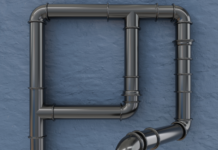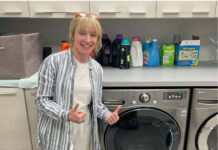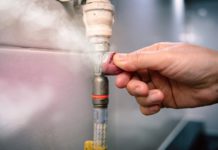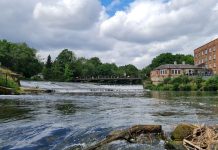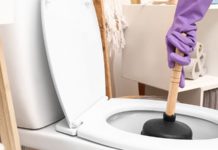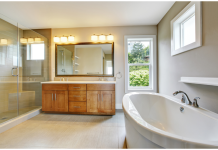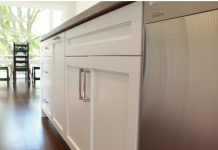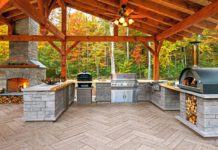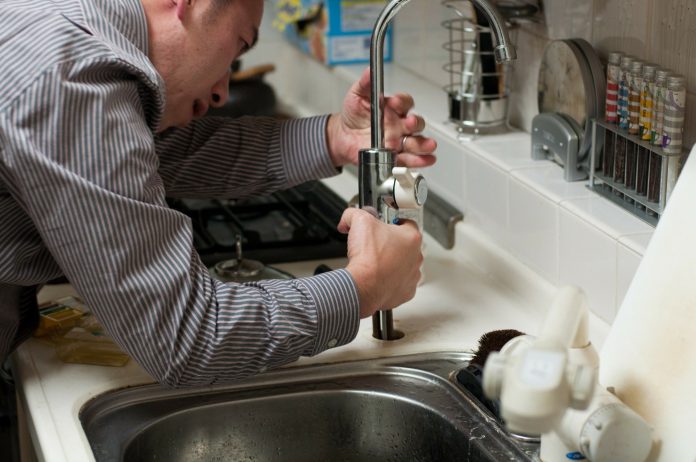As a homeowner, it is one of your responsibilities to keep your plumbing’s health in check. Poorly maintained plumbing is likely to create plumbing problems, and ultimately, full-blown plumbing emergencies. According to HomeAdvisor, most licensed plumbing professionals charge an hourly rate between $80 to $130 per hour. The more complex the plumbing repair, the longer it will take for a plumber to finish the job. Avoid dealing with costly plumbing fixes by learning how to take good care of your plumbing system. Here are 5 plumbing basics you should know:
Clear a clogged drain
A clogged drain is one of the most common plumbing problems in a home. Knowing how to clear a clogged drain will prevent the spread of foul sewage odors throughout your home, which can put your family’s health at risk. The first tool to reach when a clog problem arises is a plunger. Every homeowner should keep one at home as it can be used for most fixtures like tubs, toilets, and sinks. Other popular drain cleaning tools to use for clogs at home are drain augers and drain snakes.
Check for water leaks
According to the United States Environmental Protection Agency, the average household’s leaks can account for nearly 10,000 gallons of water wasted every year. Help preserve significant water resources by starting in your home. Dedicate a day or two a week to detecting water leaks around your home. Monitoring your water bill and checking your monthly water usage are some of the easy ways to find out whether you have a water leak at home or not.
Fix a dripping faucet
A dripping faucet may seem like a harmless plumbing glitch, but it can turn into an expensive plumbing repair once neglected. Fixing a leaky faucet can be as simple as tightening loose parts or replacing worn-out ones. Remember to shut off the water valves under the sink first before starting with the repair. To make sure no surrounding issues are left unfixed, ask for professional help from your trusted local plumber.
Turn off the water valve
Turning off your main water valve during a plumbing emergency will help prevent expensive water loss and structural damage to your property. Learn about the correct location of water valves at home and how to operate them by talking to a plumbing expert.
Clean a showerhead
Among the top causes of low water pressure in the shower is sediment buildup. To fix the problem whenever it arises, you should learn how to clean your showerhead. Soaking your shower head in vinegar for an hour or two is the easiest way to get your shower running efficiently as before.
Call your local plumber
Knowing when to call a licensed and skilled plumbing professional will save you from dealing with costly plumbing repairs and replacements. Do not wait for the next day before calling for a repair service for serious drain clogs or pipe leaks. Take advantage of 24/7 plumbing emergency services offered by your local plumbing company today.


